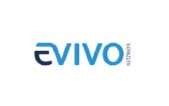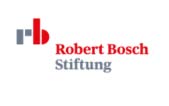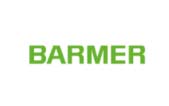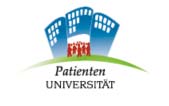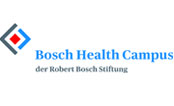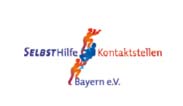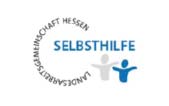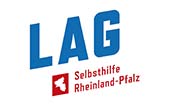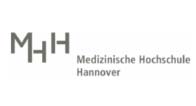Our INSEA symposium under the motto "Self-management and digital health literacy: funding works, but who will fund it in the future?" was a strong signal that programs to promote self-management and digital health literacy are right and important. This was also emphasized by the Federal Government Commissioner for Patients, Stefan Schwartze, in his welcoming. In particular, our INSEA program based on the concept of the Stanford Chronic Disease Self-Management Program, developed by Kate Lorig, who was personally present and gave a presentation, has proven its worth. The evaluation results show that the confidence and self-management skills in dealing with the illnesses of the participants increase significantly after participation in the course, the participants give very positive feedback and actually there is also a good fit in the German care landscape and connectivity to the Social Code of Law.
At the same time, the work on the introduction of this program was and is a lesson in the persistence of our health care system, which makes it very difficult to bring innovations into the system and to transfer them into regular financing. INSEA brings some fundamentally new aspects to care that are not reflected in the Social Code of Law or in the implementing regulations of the health insurance funds: the importance of health literacy and self-management in general, working across diseases, recognizing the expertise of patients as "experts by experience" and the fact that they can also act as providers of care, all the way to the conviction that prevention plays a role in all phases of life and illness. Political solutions are needed here.
We would like to thank all the contributors for a successful event, especially our sponsors Robert Bosch Foundation and BARMER, as well as Kate Lorig, who came all the way from California to Berlin to support us. We would also like to thank all partners on-site partners and course leaders, without whom INSEA could not be implemented, and Dr. Winfried Kösters, who did an outstanding job moderating the event.
Please take a look at the presentations and feel free to give us feedback. We are staying on the ball and will do our utmost to keep the INSEA program alive beyond the funding phase.
Welcome by Patientenbeauftragten Stefan Schwartze, MdB
BARMER and the Robert Bosch Foundation in conversation with Winfried Kösters
Possibilities and limits of the perpetuation of self-management programs
Speaker: Prof. Dr. Marie-Luise Dierks, Hanover Medical School,
Institute of Epidemology, Social Medicine and Health Systems Research
Self-Management and chronic conditions – Reasons, different programs and measured effects
Prof. Dr. Kate Lorig, Self-Management Resource Center, Palo Alto
Self-Management requires health literacy
Speaker: Prof. Dr. Doris Schaeffer, University of Bielefeld
Promotion of self-management and digital health literacy - implementation strategies of self-help
Speaker: Dr. Martin Danner, Bundesarbeitsgemeinschaft Selbsthilfe von Menschen
mit Behinderung und chronischer Erkrankung und ihren Angehörigen e. V.
Discussion with all speakers
KundiG - Smart and digital in healthcare
Speaker: Dr. Gabriele Seidel, Hanover Medical School, Institute for Epidemology,
Social Medicine and Health Systems Research
Patients for Patiens - Qualified Peer Counseling and Self-Management
Speaker: Dr. Natalie Uhlenbusch, Clinic and Polyclinic for Psychosomatic
Medicine and Psychotherapy, University Medical Center Hamburg-Eppendorf
INSEA - experiences, achievments and barriers
Speaker: Gönül Temucin, Hanover Medical School, Institute for Epidemology,
Social Medicine and Health Systems Research
and Theresa Keidel, SeKo Bayern e. V.
With the kind support of BARMER, Robert Bosch Foundation and SeKo Bayern e.V.



- Zum Verfassen von Kommentaren bitte Anmelden.


